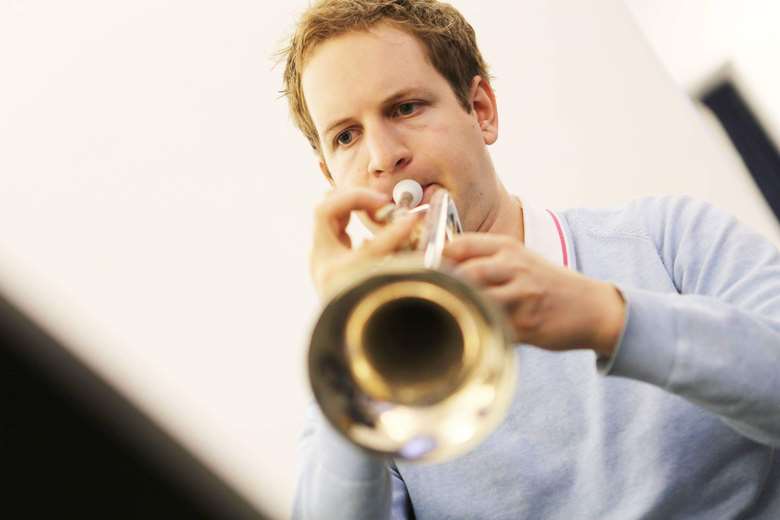Brass is back: the re-invention of brass chamber music
Simon Cox
Wednesday, February 12, 2020
Simon Cox and Septura are seeking to create a new repertoire for brass chamber ensemble

Register now to continue reading
Thanks for exploring the Gramophone website. Sign up for a free account today to enjoy the following benefits:
- Free access to 3 subscriber-only articles per month
- Unlimited access to our news, podcasts and awards pages
- Free weekly email newsletter








